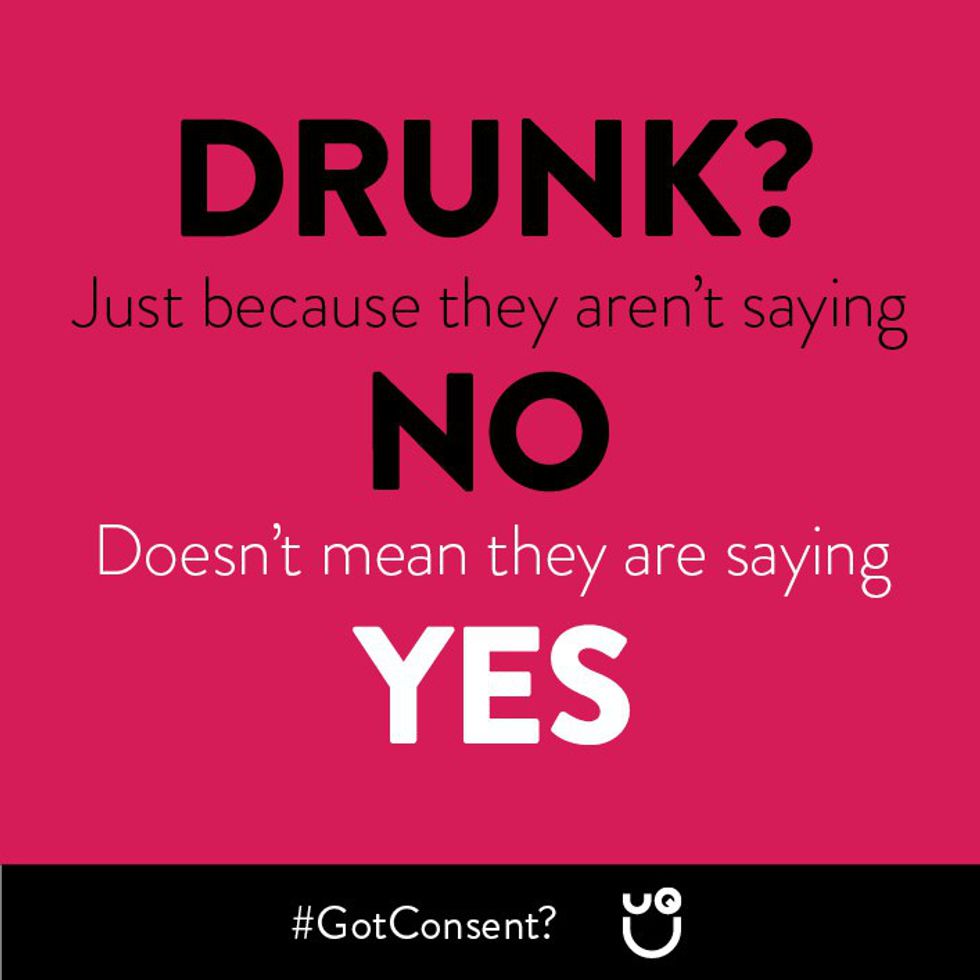After the ruling in the Brock Turner sexual assault case, in the past week, sexual assault and consent are two major topics of conversations in person and on the Internet. People from all around the world, including Vice President Joe Biden, are sharing their feelings and opinions about the case and Turner's sentence.
As a nation and a society, we have made leaps and bounds in awareness of rape culture and recognizing the need to truly punish those who commit acts of sexual assault. However, college campuses clearly still need to improve and implement programs about sexual assault and consent. The statistic that one in five women on a college campus will be raped should shock the nation, but it is not until cases like these where we see the validity of it.
Rollins does a great job to provide students with many opportunities to educate themselves through programs and presentations. First semester, all of the Greek organizations at Rollins were required to attend a program about being safe with alcohol for yourself and your friends. As a woman on a college campus, I know the previous statistic exists, and I know I need to be an active bystander and not a passive one. That means, as a bystander, I step up and help instead of standing there with the hope that someone else will come to the person's rescue.
In my freshmen year, I was aware of the statistic from above, but I did not expect to ever have to intervene in a situation. That changed at one club night for Rollins students when I witnessed how misunderstood the concept of consent can be. One of my friends was dancing with a guy and I thought she was having fun jamming to the DJ and being surrounded by friends. At least she looked like she was until she attempted to walk towards me and then fell on top of me. I thought she just wanted to come over and see how I was doing and dance with her friends. It was then I noticed she was pretty intoxicated, and after I managed to stand her up, she told me the guy she had been dancing with was trying to do something that she did not like.
I knew she could not give proper consent, but apparently the guy she was dancing with did not understand. Shortly after that, the guy made his way over to us and they started to dance again. I kept my eye on him and soon noticed he kept trying to put his hand down her pants and my friend was pushing his hand away. As I realized what was happening, my adrenaline started pumping and I knew I had to act quickly. I grabbed her arms, counted to three, and turned us around so that I was now in front of him and my friend was standing in a circle with our friends.
He then said to me, "Oh, c'mon, we were just having fun!" and I seriously could have punched him right then and there, but instead I said, "No means no a**hole." Then I turned around, walked my friend to the door, gathered the friends we had come to the club with and went home.
After that experience, I knew something was really wrong with the concept of consent. Even though my friend was not saying, "No," out loud, her pushing his hand away clearly showed she did not want him to do that. Consent is a hard subject because most people think, "No means no," but what happens when the person cannot give proper consent? There is a grey area that needs to explained, and more education on consent needs to happen.
I stumbled across this British video about consent that was released by the Thames Valley Police in 2015. Even I have had trouble with figuring out the concept of consent, but this video makes it a whole lot easier to understand.
As the Brock Tuner case became viral, I have not been able to stop thinking about this night at the club with my friends. Because there many more girls out there with the same experience, except maybe a friend wasn't there to help.
We need to teach our future generations what consent means and to only accept proper consent. That means, if someone is drunk, high or their judgment is otherwise compromised, or if someone unconscious, then proper consent cannot be given.






















